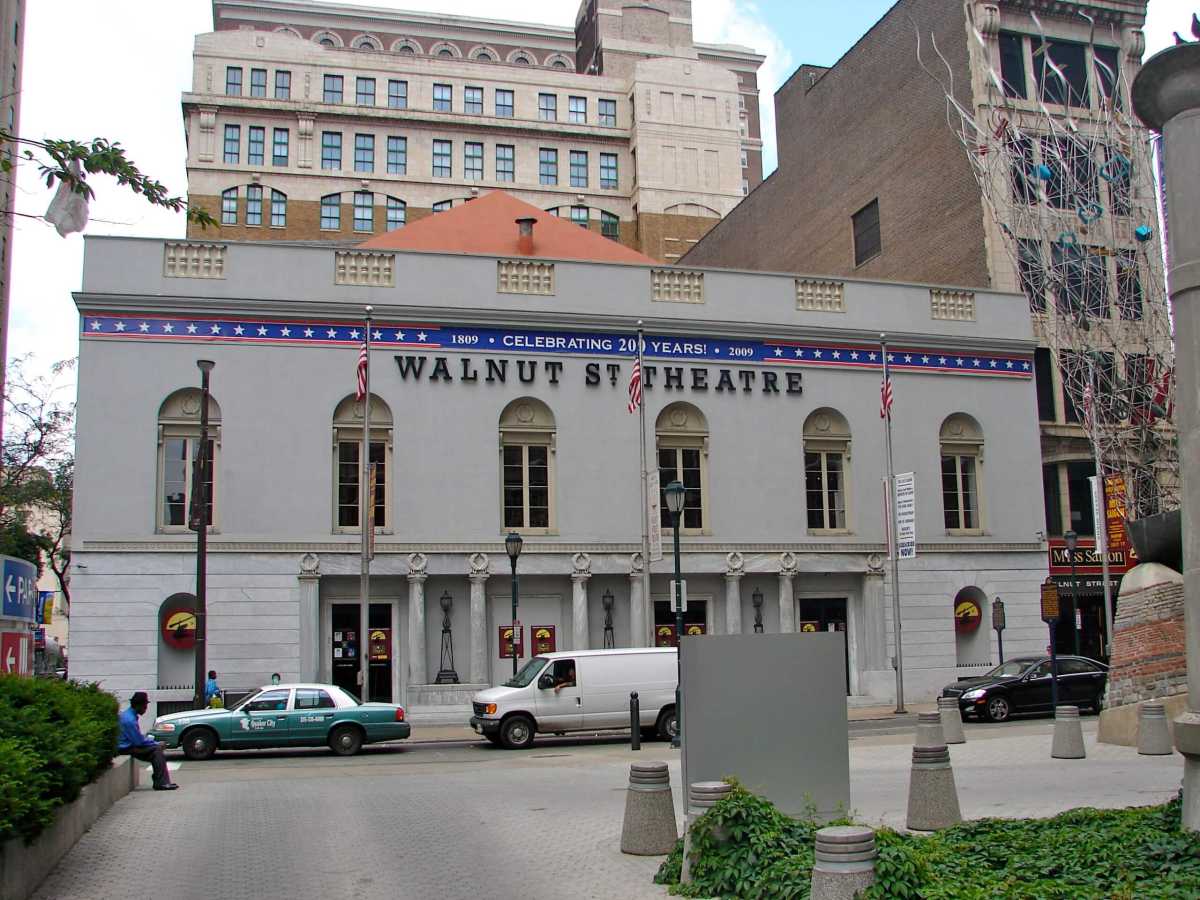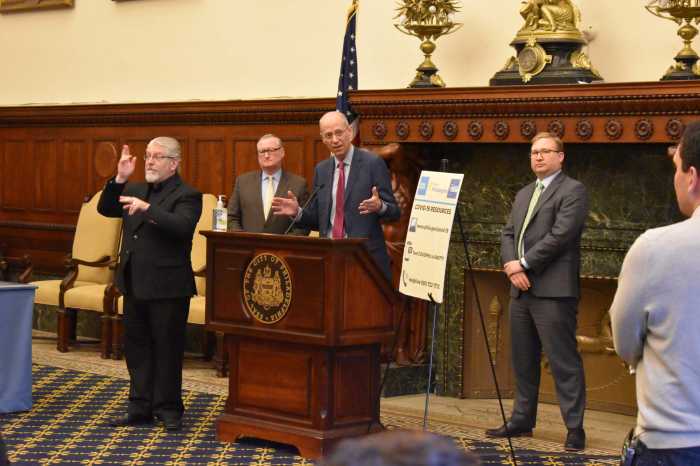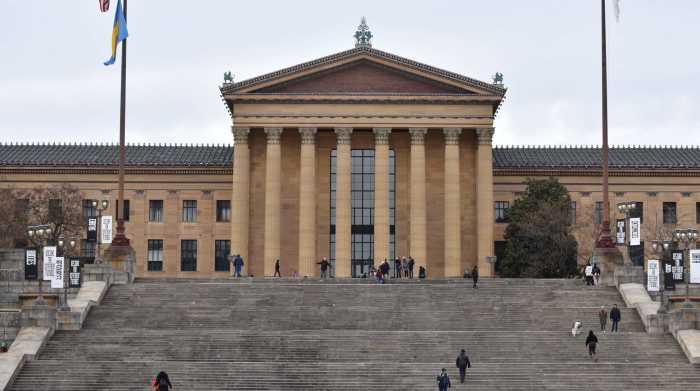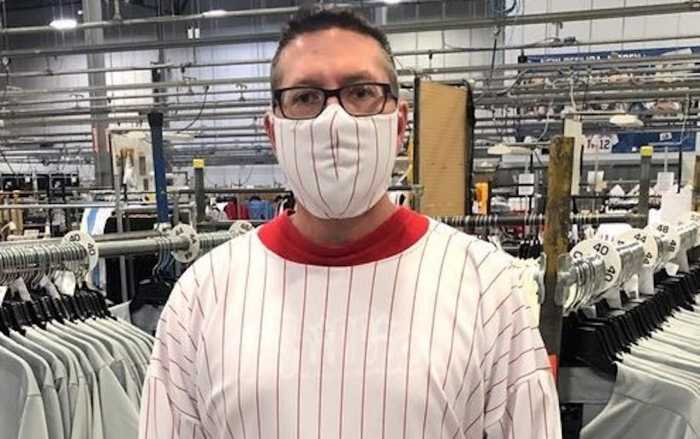“It’s just a tough pill to swallow,” Brian Anthony Wilson says.
Wilson, an accomplished actor and Philadelphia native, was supposed to be in Florida this week for the opening night of a production of “The Bodyguard.” Next month, the show was supposed to come back north and run at the Walnut Street Theater.
It would have been Wilson’s first time performing at Walnut Street, and it would have been his biggest-ever theater payday.
“I thought I’d never work there, and it looks like I may not,” said Wilson, whose credits include more than a dozen episodes of HBO’s “The Wire.” “I was very grateful for the opportunity.”
Philadelphia’s theater industry, which was gearing up for a busy spring season, was dealt a serious blow by the spread of the novel coronavirus. Companies have lost millions, and actors and other theater workers are looking at months without pay.
“Theater, while I love it, is a nonessential business, and it’s one that really obviously relies on people being in the same room, usually in close proximity,” CJ Higgins said. “So it was one of the first to see so many of these cancellations.”
Higgins, who uses they/them pronouns, has had three shows canceled and was about to begin as an understudy at a professional theater company, a new step for them. They’ve realized their career is probably on pause for 2020.
Funds have been popping up to support performers and theater workers suffering as a result of COVID-19.
On Monday, Theatre Philadelphia, which runs the annual Barrymore Awards, set up a $145,000 emergency relief program, and has since raised the bar to $200,000. A separate GoFundMe for local performance artists has collected nearly $12,000.
Katherine Clark, Theatre Philadelphia’s marketing manager, said the Barrymore’s sponsors, who normally award $90,000 in grants at the ceremony, approached the organization to see how their foundations could help theater workers during the crisis.
A survey conducted by Theatre Philadelphia found that companies lost a combined $5 million just from the first weekend of the shutdown, Clark said. The impact has perhaps been even greater on individual actors and employees.
“We saw that freelancers were completely out of work through the summer,” Clark said. “People who had planned to have a sustainable source of income no longer do.”
Right now, Theater Philadelphia is poised to be able to give out about 660 microgrants of $300 to people who work in the industry, not just performers. They hope to raise at least $300,000 and serve more folks and possibly do a second round of grants, Clark said.
Wilson applied to the program. He was counting on “The Bodyguard” to allow him to get health insurance for a year, but, with the show canceled, he’s planning to join his wife’s insurance plan, which is more costly.
He said he was lucky enough to be receiving unemployment benefits before the pandemic forced massive layoffs and a mad rush to sign up. Wilson said he has been helping other actors navigate the process.
“I know a lot of actors who weren’t used to being on it,” he said. “This was a rude awakening for a lot of my actor colleagues, artist colleagues because you count on that revenue and you block off that time period.”
Higgins also considers themselves lucky. They are still receiving checks from a part-time job at a museum. Higgins decided not to apply for any of the emergency funds because they know others need it more.
In the meantime, Higgins has hosted a daily Facebook Live session at 4 p.m. Sometimes, they do a deep dive on a particular show, like “The Phantom of the Opera,” and, other times, they talk about issues facing the LGBTQIA-plus community. Once, Higgins even tried to play 16 different instruments.
“I had seen it at first as a way to keep myself going during this,” they said, though, now, some viewers are beginning to look forward to it every day.
Wilson has been quarantining at home with his family in Cherry Hill. He did a reading of a new play over Zoom, and he’s also done a couple of auditions.
For the past four years, he’s been a judge for the Barrymores, and he’s missed going to shows.
“Seeing live theater, it inspires me, it invigorates me, it feeds my artistic soul, so to not even be able to see live theater is killing me, too,” Wilson said.
“I know we’re going to be back,” he said. “It’s going to be different. Everybody will be in the audience with masks on and hand sanitizer and everything, but we’ll be back, it’s just a question of when.”


























